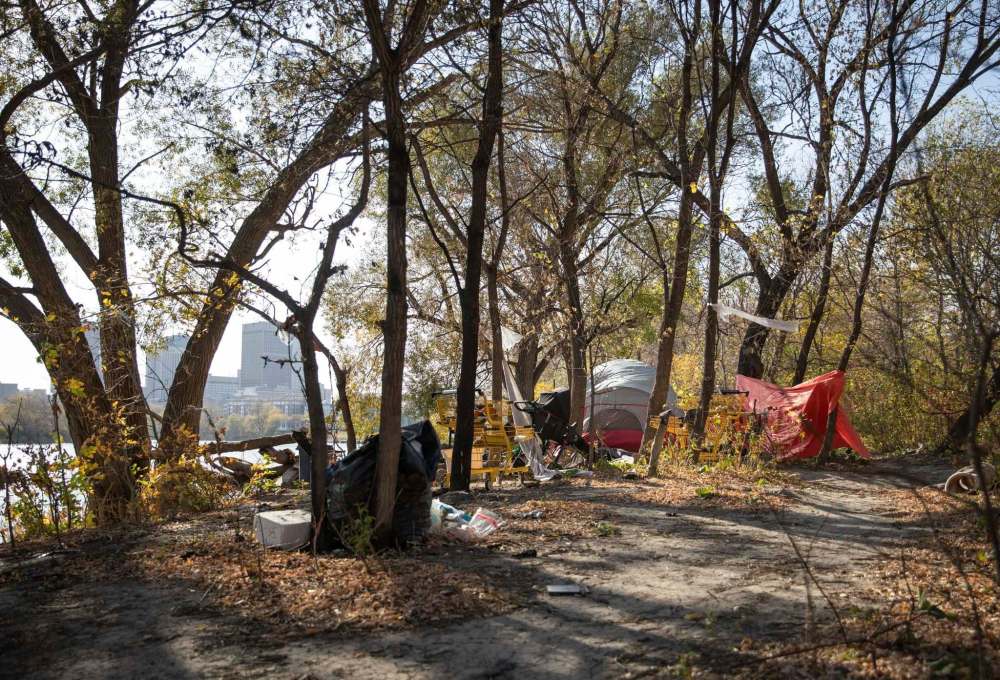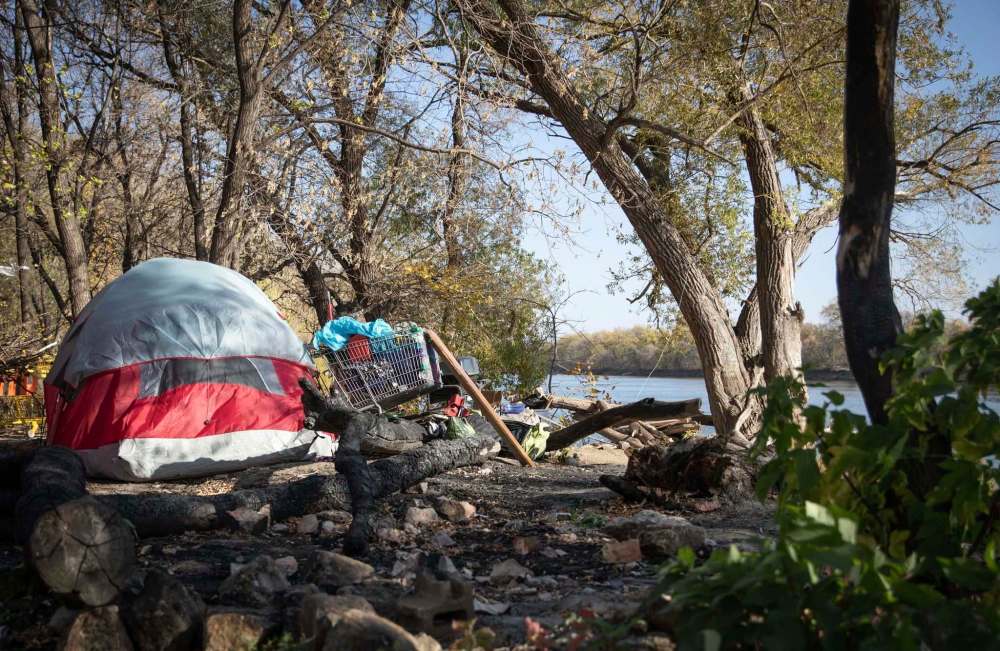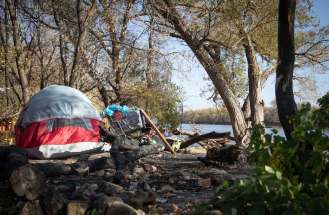As winter looms, immediate supports required
Read this article for free:
or
Already have an account? Log in here »
To continue reading, please subscribe:
Monthly Digital Subscription
$0 for the first 4 weeks*
- Enjoy unlimited reading on winnipegfreepress.com
- Read the E-Edition, our digital replica newspaper
- Access News Break, our award-winning app
- Play interactive puzzles
*No charge for 4 weeks then price increases to the regular rate of $19.00 plus GST every four weeks. Offer available to new and qualified returning subscribers only. Cancel any time.
Monthly Digital Subscription
$4.75/week*
- Enjoy unlimited reading on winnipegfreepress.com
- Read the E-Edition, our digital replica newspaper
- Access News Break, our award-winning app
- Play interactive puzzles
*Billed as $19 plus GST every four weeks. Cancel any time.
To continue reading, please subscribe:
Add Free Press access to your Brandon Sun subscription for only an additional
$1 for the first 4 weeks*
*Your next subscription payment will increase by $1.00 and you will be charged $16.99 plus GST for four weeks. After four weeks, your payment will increase to $23.99 plus GST every four weeks.
Read unlimited articles for free today:
or
Already have an account? Log in here »
Hey there, time traveller!
This article was published 14/10/2021 (1520 days ago), so information in it may no longer be current.
The French philosopher known as Voltaire once observed, “The perfect is the enemy of the good.”
When this cautionary aphorism is applied to the 100-plus encampments currently pitched in various areas of Winnipeg, a perfect solution would end homelessness, not just manage it. A good solution will seek to immediately address the urgent need to give everyone a place, if only temporary, to survive the impending winter.
Several long-term projects to address the root causes of homelessness are underway in Winnipeg, which is commendable. What’s needed in the short term are safe, warm places for people experiencing homelessness to escape extreme weather if they choose.
Homeless in encampments anticipate population growth after city clears areas by bridges

Posted:
On a scenic stretch of land along the Red River, encampments sheltering homeless Winnipeggers sit below and beyond large, expensive homes.
Such safe places have become less available during the pandemic. Capacity at some traditional shelters has been limited by COVID-19 distancing edicts. Some public places where homeless people used to use to warm up and perhaps use a washroom have been less accessible during the open-again/closed-again cycles of pandemic restrictions.
Increasing numbers of people sleeping in bus shelters, tents and makeshift lean-tos on riverbanks have led to public demands that governments do something, and there have been some encouraging long-term steps in the right direction.
Construction began this summer on a project called Home First Winnipeg. The building at 390 Ross Ave. will have 47 micro-apartments, each measuring 220 square feet, for people experiencing homelessness, mental-health issues, domestic abuse or addictions. A communal housing development called The Village Project will provide 22 units made from shipping containers and will be situated behind Thunderbird House on Main Street.
There has also been, in the past year, government funding for expanded capacity at a Main Street Project location on Disraeli Street, and a 39-bed site for people who may need to isolate owing to COVID-19.
Still, even as such encouraging measures proceed, the number of Winnipeg residents in immediate need seems to only grow.
It’s true that not everyone experiencing homelessness will readily enter shelters even if space is made available. Some people are deterred by stigma, by restrictions on drugs or alcohol, by fears of violence from fellow shelter inhabitants or by concerns they might contract illnesses, including COVID-19.
But everyone should have the choice. They should know that when the temperature becomes bitterly cold, Winnipeg is a city that will provide warm shelter to everyone who wants it.

Efforts should continue to be directed at the root causes of homelessness — including mental illness, addictions and poverty — and to finding lasting ways to help people before they end up on the street. But it’s also important to keep an eye on the calendar and realize mid-October in Winnipeg means it will soon become dangerously cold to be outside 24/7.
The immediate focus should be narrow: what is realistically doable, before the snow comes?
A group with the experience to offer apt direction to steer government funds toward protecting homeless people from the immediate hazards of winter is the Indigenous-led nonprofit organization End Homelessness Winnipeg. Responding to the pandemic last winter, the group formed an Extreme Weather Response Committee that addressed COVID-19 needs such as additional drop-in spaces.
This group’s front-line expertise should be valued, and it should be granted sufficient emergency funding to boost immediate protection for homeless people who choose to access it.
Stopgap measures such as additional shelter spaces and warm-up sites to hunker down for a Winnipeg winter might seem like Band-Aid solutions, but bandages are sometimes necessary for immediate treatment of an urgent issue.







